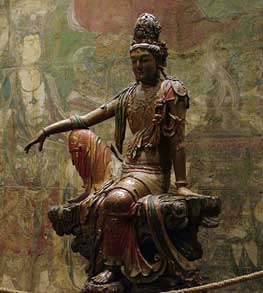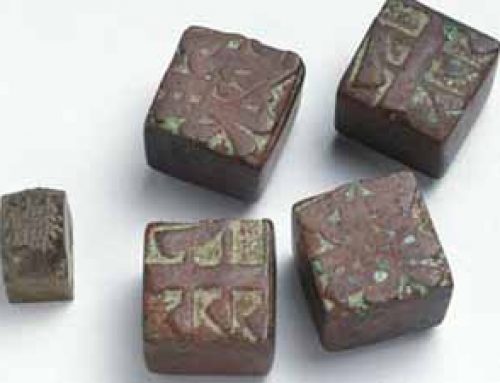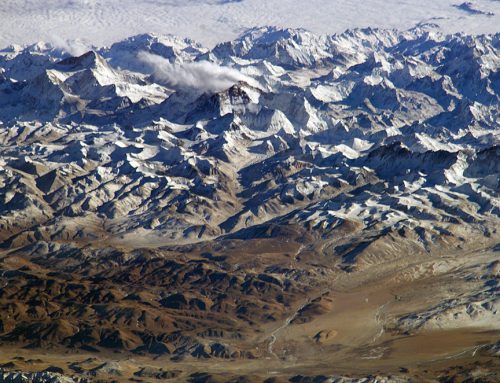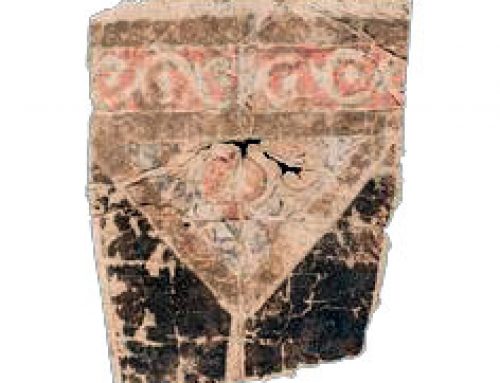
Chinese gods: A Song Dynasty statue of Guanyin (ca. 1100s AD)
When did Chinese religion start?
People prayed to many different gods in ancient China. Some of these gods have been worshipped since the Shang Dynasty (about 2000 BC). Some have probably been around even longer, since the Stone Age. Other Chinese gods became popular later on.
Early China: the Shang Dynasty
Ancient and medieval China facts
Chinese weather gods
Some of these gods are representations of the weather or natural forces like the sun or the moon or the rain. For instance, the goddess Ba, the daughter of Heaven, is a personification of drought. (She’s what drought would look like, if drought were a person.) Yu-huang is a sky god. Fei Lian and Feng Po Po are wind gods. Lei-Kung and Lei-zi are the gods of thunder and lightning. Heng O is the moon goddess.
The story of Lei-Kung and Lei-zi
Heng O and the Moon
Gong gong is the god of disastrous floods. Han is the god of the Han river. There were many such minor gods, each responsible for a particular river or mountain. Hou Ji is the god of millet, an important food in northern China.
Where does millet come from?
Gods of abstract ideas
Sometimes people made abstract ideas into gods. Cai-shen was the god of prosperity. You could pray to Cai-Shen for success in business, for instance. Fan-kui is the god of butchers, and Sun-pi is the god of cobblers (shoe-makers). Fu-xing is the god of happiness, and Gong De Tian is the goddess of luck. Wei-tuo is the god of teaching.
Chinese gods protect you from harm
Cheng-huang, the City God, protects your city from enemies and brings rain for your crops. He helps you get to Heaven after you die.
Find out more about Cheng-huang
Tsao Wang is the god of your hearth, who watches over your house. Every year he reports on how you have behaved. He brings you good luck if you have been good and bad luck if you have been bad.
Taoist gods
Some gods are based on Taoist ideas, like the eight gods of the Ba Xian (or Pa Hsien), who represent eight ways of being human: being young, being old, being poor, being rich, being a peasant, being powerful, being a boy, and being a girl. (The way these are organized into opposites reflects the Taoist idea of yin and yang).
What does yin and yang mean?
Other Taoist gods are Bixia Yuanjin, the goddess of dawn and childbirth, and Chu Jiang, a god of the dead in the underworld. Some are based on great victorious generals, actual men who people remembered in this way. Guanti, the Taoist god of war, was a real general of the Han Dynasty.
Guanti, the Chinese god of war
More about the Han Dynasty
Chinese Buddhist gods
Some Chinese gods are great Buddhists of the past, who are now in Heaven. Dha-shi-zhi, for example, broke the cycle of reincarnation with her great love, and now welcomes souls to Heaven in the form of flowers. Di-Cang is a great Buddhist who releases the souls of the dead from the underworld. Guanyin is a goddess of mercy, who helps childless women.
The story of Guanyin
What about Buddhism in China?
Bibliography and further reading about ancient Chinese gods:
The Gods and Goddesses of Ancient China, by Leonard Everett Fisher (2003). . One page for each god, with lots of pictures and some historical context.
Five Heavenly Emperors: Chinese Myths of Creation, by Song Nan Zhang (1994). Stories .
Chinese Mythology A to Z, by Jeremy Roberts (2004).
Dragons and Demons : Myths of China, by Stewart Ross (1998). A few Chinese stories, retold .
Dragons, Gods and Spirits from Chinese Mythology, by Tao Sanders (1983). More of a child’s encyclopedia.





hi how r u????[…]/
you are cool
This is great information! I like how you listed some aspects of the Chinese religions and gave examples of the Gods, but didn’t literally list every single one. Thanks again!
Thanks! It’s so encouraging to get a note like yours; I really appreciate your taking the time to write.
It´s your dad, Thanks for the info.
hi people
omg this is amazing
Thanks!
is anyone here I am very lonely ;(
are there gods of destruction
Well, Gong gong is the god of disastrous floods. Yes, there are many gods of earthquakes, hurricanes, etc.
Is there anything about how religion was practiced.
Check out this article: https://quatr.us/china/qingming-jie-chinese-spring-festival.htm and this one: https://quatr.us/china/chinese-new-year-ancient-china.htm and here: https://quatr.us/china/iching-ancient-chinese-religion.htm
were there gods in ancient china
Yes! This whole article is about the gods of ancient China.
heyo! this was very good info used for ejamacations (education) much thanks
You’re welcome! I’m glad we could help.
are you people real
Sure; you can read about in my author bio on the page.
sup my dude
hi
ah
hello all of y’all this was very helpful thx so much
Wow, thanks, Frostwing! I’m glad we could help!
idk how, but i feel like killing an animal just because this is so kewl LOL jkjkjkjkjkjk i would never
Hai people looking at the comment section, how are you -3-
hi
hi
Hi! Thanks for stopping by!
[…] Carr, K. (2017, June 07). Who were the gods of ancient China? – Chinese religion – Quatr.us Study Guides. Retrieved November 12, 2017, from https://quatr.us/china/gods-ancient-china-chinese-religion.htm […]